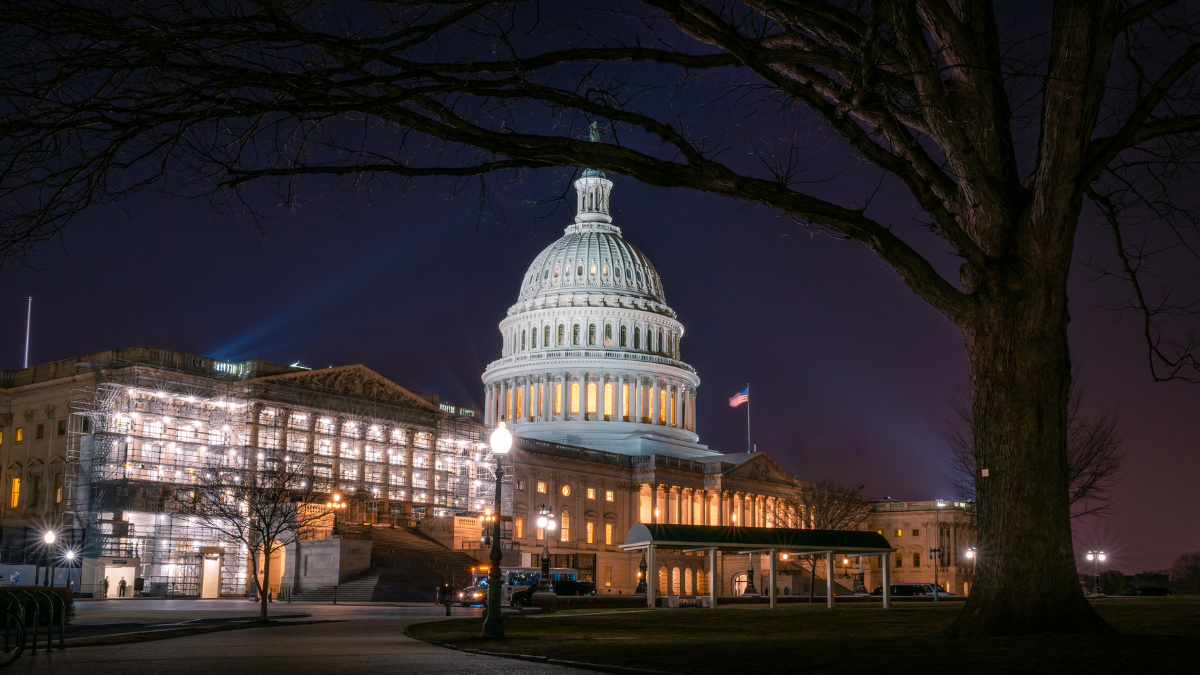Washington Post exposes DeSantis’ conservative governance.
Gov. Ron DeSantis Used Secretive Panel to Flip State Supreme Court
According to The Washington Post, Governor Ron DeSantis employed a secretive panel to manipulate the state Supreme Court.
Wow, that sounds bad.
But how did the Florida governor manage to pull off this Machiavellian coup? It’s a complicated story. First, DeSantis narrowly won the governorship in 2018 by obtaining more votes than his opponent. Smart, right? And then, instead of leaving judicial nomination decisions to Democrats and their allies, the governor handpicked his own replacements for three Florida Supreme Court seats after justices were compelled to step down due to the state’s mandatory retirement age, a requirement passed by a referendum of the voters.
But the scheme does not end there. DeSantis also relied on a group of noted legal advisers to help him find competent candidates whose judicial outlooks matched his own.
Here is how reporters Beth Reinhard and Josh Dawsey describe the process:
The hard-right turn was by design. DeSantis seized on the unusual retirement of three liberal justices at once to quickly remake the court. He did so with the help of a secretive judicial panel led by Leonard Leo — the key architect of the U.S. Supreme Court’s conservative majority — that quietly vetted judicial nominees in an Orlando conference room three weeks before the governor’s inauguration.
So, you see, a hard-right turn — as if there’s any other kind — was the design of a secretive judicial panel that quietly seized on an unusual moment. Using loaded words to create the impression that a completely standard political event is something insidious and corrupt is an act of Potemkin journalism.
The shadowy Federalist Society, by the way, has around 70,000 lawyers as members and hundreds of chapters at law schools around the country, which have staged thousands of open events and debates over the years. Among the notorious right-wingers who have appeared in front of the group are Elena Kagan and Ruth Bader Ginsburg. The group has its entire originalist judicial philosophy, its objectives, and a list of staff members and the board of directors, on a website for everyone to read.
It’s fair to say the Federalist Society is the most incompetent Star Chamber ever devised.
Yet, Reinhard and Dawsey boil down Leo’s career as having “pushed conservative and libertarian judges onto the nation’s courts through multimillion-dollar influence campaigns fueled by secret donors.” Which, of course, makes it sound as if DeSantis, who the reporters say has an “allegiance to the Federalist Society,” is engaged in some kind of favor trading.
In some ways, this is just projection. The piece reads like a consequentialist argument about the fate of liberal policies like abortion. The Post laughably quotes a concerned voice lamenting the fact that the court “lacks diversity of viewpoints.” Have you ever read a national story about the left-wing “takeover” of a state court, much less apprehension about a far-left “supermajority”? Of course not.
At any rate, a vast number of leftist advocacy groups — including groups working to delegitimize and pack the Supreme Court — live off “dark money.” None of them advocate for a principled, nonpartisan judicial philosophy.
Indeed, the alleged crime here is that DeSantis upheld a principled position. Here, for instance, is how the Post explains the instructions given to the supervillains:
Leo and the panel asked the finalists about interpreting the Constitution according to its original intent and without applying more-current social, political or cultural lenses, as the Federalist Society advocates, according to the people familiar with the process interviewed by The Post.
You might not be shocked to learn that Leo was charged with finding exactly the type of candidates that DeSantis had promised his constituents and that contemporary conservative politicians have supported for decades.
What readers of the Post piece may not find out is that DeSantis has no obligation to share everything his advisers tell him. Nor did he have any obligation to accept recommendations from the Florida Bar. These protocols are concocted by the Post. Nevertheless, DeSantis acknowledged Leo’s involvement way back in 2019. Which brings me to the glaring lack of any discernible journalism in the piece. There are five instances of the reporters simply repeating what DeSantis said on a podcast — and another two instances of them repeating what he said in his book. (The Florida governor is apparently terrible at keeping his conspiracies a secret.)
When the Post isn’t warning about the dangers of originalism, it is insinuating that even right-of-center justices who retired during DeSantis’ second term were either paid off or pressured by the governor and his allies, without providing any evidence, much less a person making such an accusation. Even for a hit piece, it is shoddy.
Whether you approve of his judicial choices or not, all we really learned from the Post is that DeSantis is a meticulous planner who surrounded himself with people who helped him navigate the nomination process and fulfill the promises he made when running. And that’s the real problem for the Post.
" Conservative News Daily does not always share or support the views and opinions expressed here; they are just those of the writer."





Now loading...